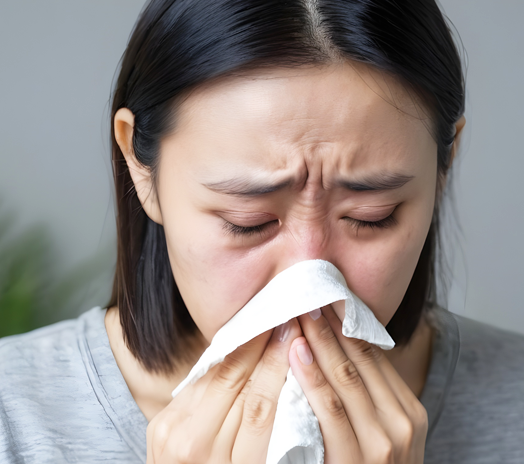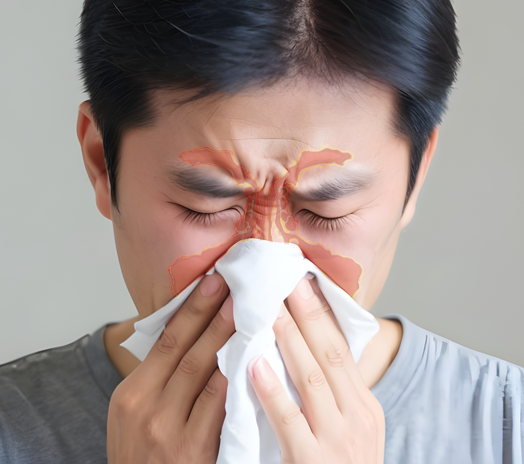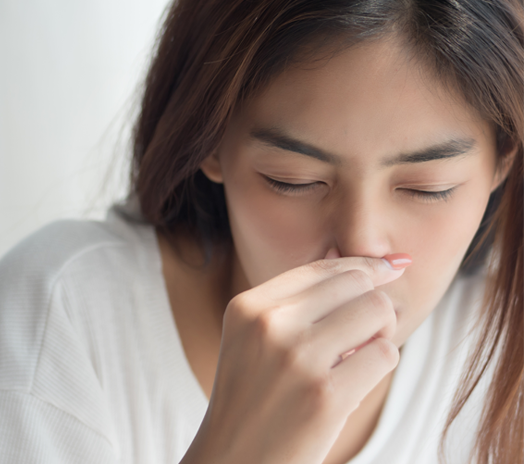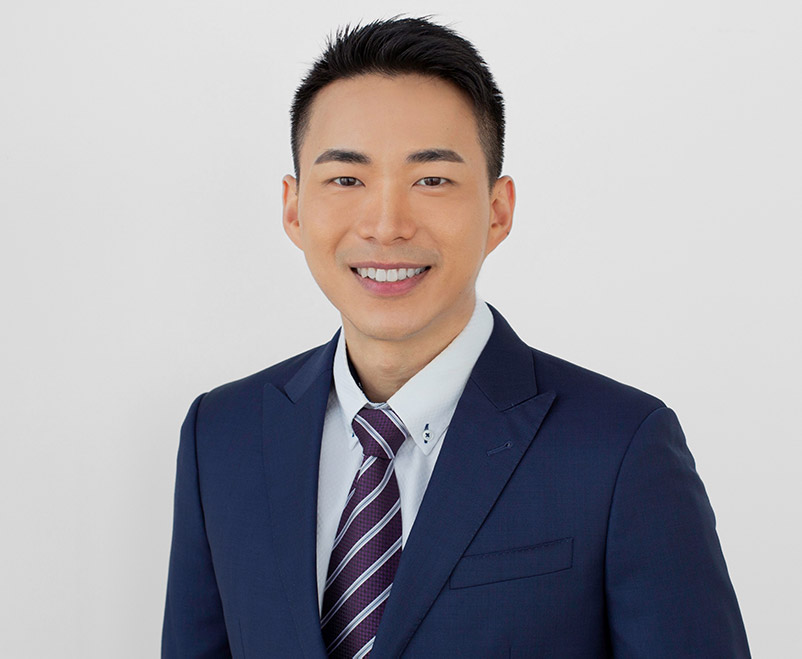Sinus Conditions and Treatment
The sinuses are a system of hollow cavities located in the bones of the skull, connected to the nasal passages by small openings. They play a crucial role in producing mucus, which helps to moisten the air we breathe, trap particles, and aid in immune defence. However, when the sinuses become inflamed or infected, they can lead to a range of uncomfortable symptoms.

Allergic Rhinitis
Allergic rhinitis, commonly known as hay fever, is caused by exposure to allergens such as pollen, dust mites, pet dander, or mold spores. When an individual with allergic rhinitis comes into contact with these allergens, their immune system overreacts, leading to inflammation of the nasal passages and the release of histamines.
- Sneezing
- Itching
- Nasal congestion
- Watery eyes
- Allergen avoidance strategies
- Medical Management (anti-histamines, decongestants, topical and oral steroids)
- Surgery as an adjunct (turbinoplasty, cryotherapy (Clarifix) etc)
- Immunotherapy
Immunotherapy
Immunotherapy, also known as allergy shots, is a specialized treatment option for allergic rhinitis and other allergic conditions. It offers a long-term solution for individuals whose symptoms are not adequately controlled with medication or allergen avoidance strategies.

Immunotherapy works by gradually desensitizing the immune system to specific allergens that trigger allergic reactions. The treatment involves administering small doses of the allergen(s) to which the individual is allergic, gradually increasing the dose over time. This process helps the immune system become less sensitive to the allergen(s), ultimately reducing the severity of allergic reactions.
- Reduced Allergic Symptoms: Immunotherapy can significantly reduce the severity and frequency of allergic symptoms, such as sneezing, itching, nasal congestion, and watery eyes.
- Long-Term Relief: Unlike medications that provide temporary relief, immunotherapy offers long-term benefits. Many individuals experience lasting relief from allergic symptoms even after completing the treatment course.
- Preventive Effect: Immunotherapy can prevent the progression of allergic rhinitis to more severe conditions, such as asthma, in some individuals.
- Reduced Reliance on Medications: By addressing the underlying cause of allergies, immunotherapy can reduce the need for allergy medications, including antihistamines and nasal corticosteroids.
- Improvement in Quality of Life: With reduced allergic symptoms and improved overall well-being, individuals undergoing immunotherapy often experience a significant improvement in their quality of life.
- Allergy Testing: Before starting immunotherapy, allergy testing is conducted to identify the specific allergens to which the individual is allergic.
- Treatment Plan: Based on the results of allergy testing, a personalized immunotherapy treatment plan is developed. This plan outlines the specific allergens to be targeted and the schedule for administering.
- Sublingual Immunotherapy (SLIT): This involves the daily use of drops (Oraltek) or dissolving tablets (Acarizax) that are placed sublingually (under the tongue) where absorption is optimal. This is best done in the morning before food. The medicine is kept in the mouth for at least one minute or until fully dissolved. Food and beverage are then avoided for 15 minutes.
Immunotherapy may be recommended for individuals who:
- Have moderate to severe allergic rhinitis or allergic asthma.
- Experience significant impairment in their daily activities due to allergic symptoms.
- Have allergies to specific allergens that are difficult to avoid or manage with medications alone.
- Prefer a long-term solution for their allergies rather than relying on medications for symptom relief.
At Dr. Alex Tham’s ENT practice, we offer personalized immunotherapy plans tailored to each patient’s specific allergen sensitivities and treatment goals. Our experienced team will guide you through the immunotherapy process, helping you achieve lasting relief from allergic symptoms and improved quality of life.
Contact us today to schedule a consultation and learn more about how immunotherapy can benefit you.

Sinus Infections (Sinusitis)
Sinus infections occur when the sinuses become inflamed and swollen due to bacterial, viral, or fungal infections.
Common causes include:
- Bacterial infections: Result from bacteria entering the sinuses, often due to a respiratory tract infection or a blockage of the sinus openings.
- Viral infections: Often develop as a complication of the common cold or flu, leading to inflammation and congestion in the sinuses.
- Fungal infections: Less common but may occur in individuals with weakened immune systems or those exposed to fungal spores in the environment.
- Facial pain or pressure
- Nasal congestion
- Nasal discharge
- Headache
- Reduced sense of smell
- Antibiotics (for bacterial infections)
- Nasal decongestants
- Nasal saline irrigation
- Corticosteroid nasal sprays
- Sinus surgery (in severe cases)

Nasal Polyps
Nasal polyps are noncancerous growths that develop in the lining of the nasal passages or sinuses, often as a result of chronic inflammation.
The exact cause of nasal polyps is not fully understood, but factors that may contribute include:
- Chronic inflammation: Conditions such as allergic rhinitis, sinusitis, or asthma can lead to persistent inflammation of the nasal passages, promoting the growth of nasal polyps.
- Asthma: Individuals with asthma are at higher risk of developing nasal polyps, possibly due to shared inflammatory pathways.
- Aspirin sensitivity: Some individuals with nasal polyps may have a sensitivity to aspirin or nonsteroidal anti-inflammatory drugs (NSAIDs).
- Nasal congestion
- Reduced sense of smell
- Facial pain or pressure
- Postnasal drip
- Corticosteroid nasal sprays
- Oral corticosteroids
- Nasal polypectomy (surgical removal of polyps)
- Endoscopic sinus surgery (for recurrent or severe cases)
- Biologics

Our ENT Specialist
Dr Alex Tham
MBBS (Singapore), MRCSEd (ENT), MMED (ORL), FAMS (ORL)
At Dr. Alex Tham's ENT practice, we prioritize your well-being and satisfaction. Here's why patients trust us:

Same day appointments for your convenience

Attentive and conscientious team dedicated to your care

Minimally invasive techniques for optimal outcomes

MOH-compliant transparent pricing for peace of mind
Insurance
We are on the specialists panels of the following Health Networks/Insurance Plans:
Personal Insurance



Corporate Insurance




Asian Healthcare Specialists
@ Mount Alvernia
820 Thomson Road,
#05-03 Mount Alvernia Medical Centre Block A,
Singapore 574623
